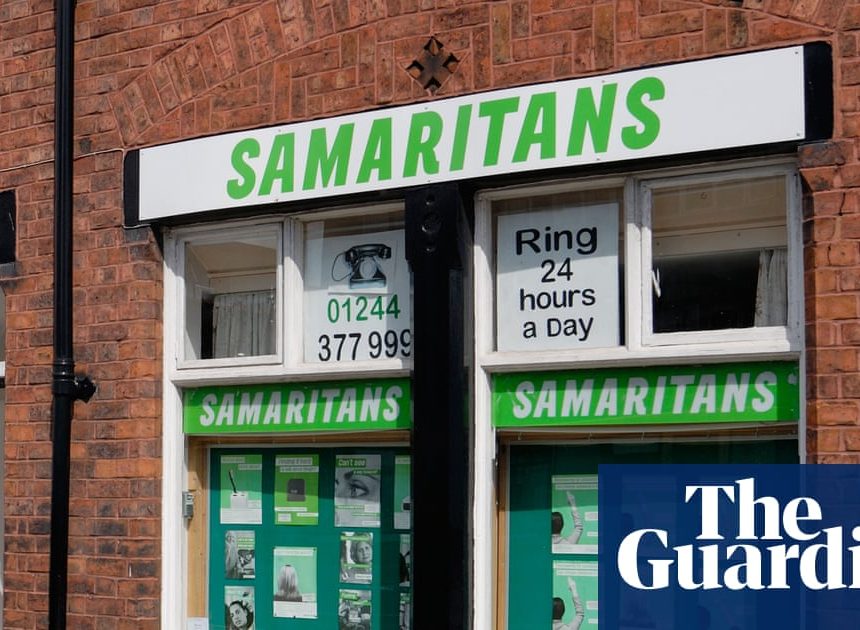A version of this post originally appeared on October 27, 2025, in Eater and Punch’s newsletter Pre Shift, a biweekly newsletter for the industry pro that sources first-person accounts from the bar and restaurant world.
This send is presented by Square — the technology company that makes commerce and financial services easy and accessible.
This fall, we’ve been bringing Pre Shift to you, hosting a series of live events with the people behind some of our favorite restaurants in Atlanta and New York. In partnership with Square, we spoke with six operators who have built successful concepts that include an apartment pizza operation-turned-brick-and-mortar and a viral Indian barbecue spot.
Here, they share how they approached building, and maintaining, their programs. Read on for their thoughts on managing lines, deciding when to grow the business, and the value of regulars.
On setting up systems to respond to customer demand
Sometimes you have to embrace technology. “Day one, I made three burgers. Day five, we made 123 burgers. It was a complete disaster in the kitchen. We had no systems. I thought I had this cool system where we were going to write names on bags, like Starbucks. And there were two of us in the kitchen that day, plus my son, who was 12 at the time, taking orders. By the following Tuesday, we had printers and tablets and all kinds of stuff. The technology was a big help because no one was going to come back a second time had we not improved.” —Billy Kramer, NFA Burger, Atlanta
A little transparency goes a long way. “The mental clock that starts in people’s minds was something that we were really mindful of. People will wait in line, but as soon as they place that order, that’s when their real clock starts, and that’s when you really kind of have to deliver. We knew how many tortillas we had down to the last tortilla ball. So once I knew we were like, 70 percent through selling what we had, I would go out into the line and I would literally go person by person, asking, ’How many tacos are you getting?’ until I got to the end, and then I’d have to say, ’Hey, this is the end of the line.’ At that point, people were actually grateful, like, ‘Oh, thank God, I didn’t have to wait another hour just to get up to the front and realize you were sold out.’” —Amanda Rosa, Border Town, New York
Working through the growing pains. “At first, I made a few pies a week at my apartment, like 20 per week, so nobody could get in. People accused me of intentionally making it scarce, which is crazy because I was just using the oven in my apartment and I could only fit one pizza in there at a time. And when we first opened the shop, we did this stupid thing on opening day where we’re just like, all right, “Come on in. Let’s take all the orders.” The wait was like two and a half hours or something and everybody fucking hated us. But then, you know, go through those growing pains and you’re like, okay, let’s figure this out.” —Chris Hansell, Chrissy’s, New York
Expect the unexpected. “In our first 90 days, we were shut down by the Department of Health because the gas station was operating under a license from the Department of Agriculture, even though we were told that was okay. We had just had an article written about us in the Atlanta Journal-Constitution that was published on the day we closed. So two weeks later, we reopened with all the same equipment, all the same stuff, just a different piece of paper on the wall. I think the biggest thing is, like I say to my kids, keep your head on a swivel. Nothing is ever certain.” —Kramer
Catering offers another revenue stream. “We realized with this first location that the catering side of things is a big opportunity that we just couldn’t really hack into. The neighborhood we’re in now, Greenwich Village, there’s a lot of students, we’re next to NYU, it’s really residential. We’ll be opening the second in Flatiron in a few weeks, and we want it to be surrounded by businesses.” —Gilli Rozynek, Brown Bag Sandwich Co., New York
Consider staff bandwidth. “I needed to hire help. Every time I posted on Instagram, instead of anxiety, I started getting fear, for all the people that are showing up and all of the work I’d have to do. The main thing I had to change was prep—instead of making 40 pounds of food, now I’m making over 200 pounds of food [for our pop-ups].” —Jay Patel, Dhaba BBQ, Atlanta
On building a loyal customer base
Popping up in different neighborhoods helps build a following. “You really cut your teeth doing pop-ups on a small scale. I went all over Atlanta [when Phew’s Pies first started] and that really helped get my name out there. Respect the baby steps.” —Matthew Foster, Phew’s Pies, Atlanta
Accessibility is key. “We actually haven’t raised prices since we started a year and a half ago because it’s a limited overhead. I want people to be able to come without worrying about having to pay a premium for Indian food. I’ve been trying to make Indian food accessible to everyone, but also overhead is low as well, so there’s no reason to keep them high or raise them. It’s my burden.” —Patel
Keep your focus local. “It’s really cool to have somebody from Boston or St. Petersburg, Florida, drive three hours out of the way to have a burger. That’s really awesome. But your trade area is the most important thing you need to focus on. It’s that three miles around your location that is going to keep you in business.” —Kramer
Respect the regulars.“I actually think influencers have been really helpful for us when we launched. They’ve brought people from across town in and you need some of that. But we are a neighborhood kind of shop; everyone in the block knows each other. There’s this guy, Monty—he’s got to be like 100 years old—who walks in every day. If there’s an influencer in the shop or there’s 100-year-old Monty, he’s probably getting the sandwich first.” —Rozynek
Since our conversation, Phew’s Pies announced its first location will close; it will continue to run pop-ups and catering. Border Town will open its flagship brick-and-mortar in Greenpoint this fall.
Interviews have been edited and condensed for length and clarity.





